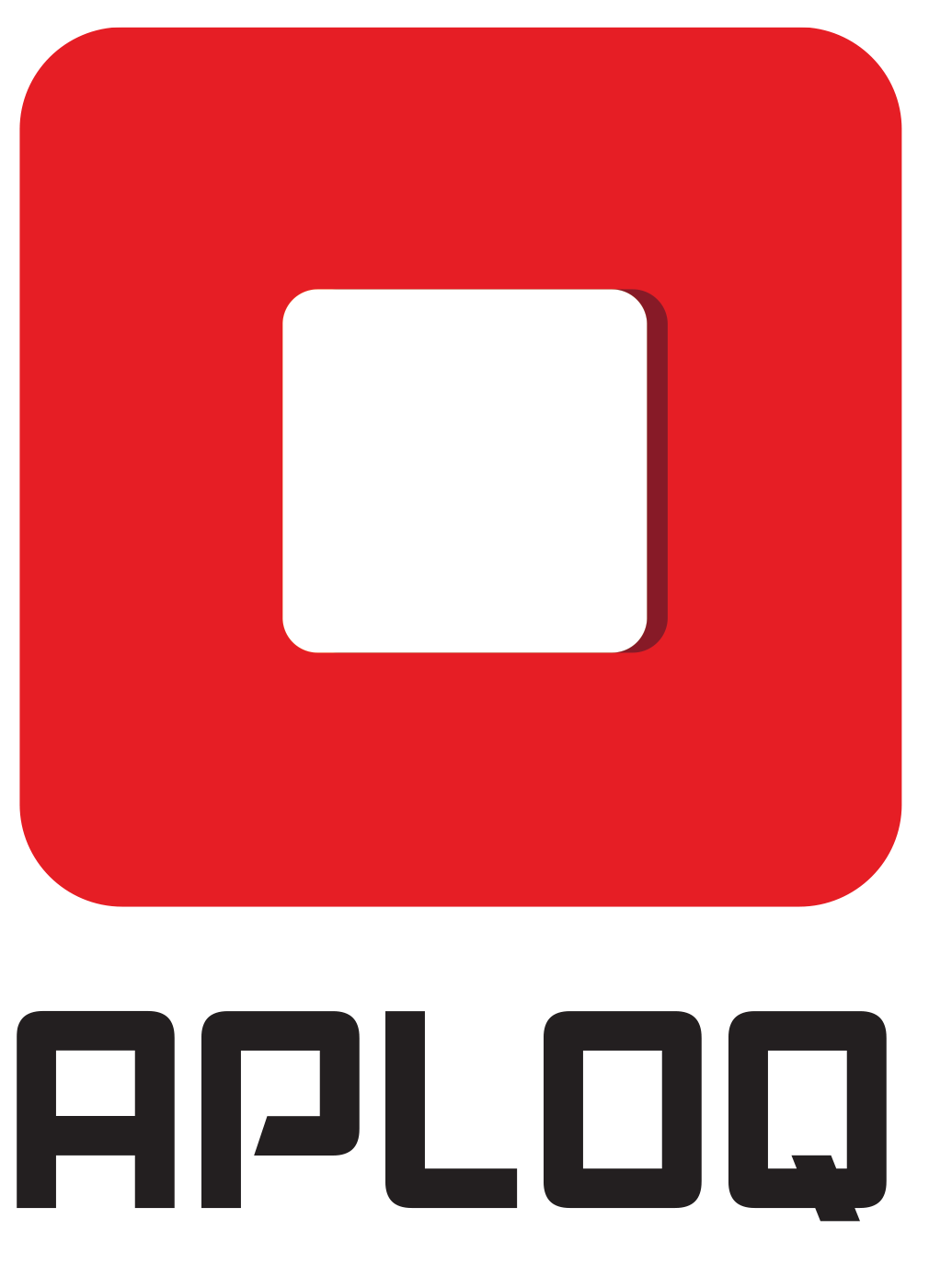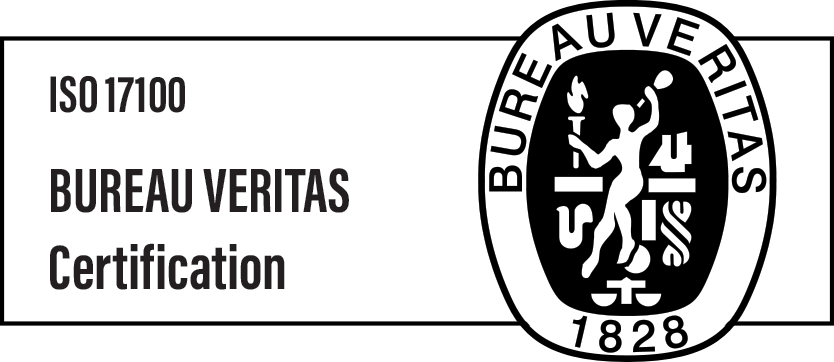Industry quality standards – European and American approach
Providing the best possible quality of a final draft is crucial for each professional who works in translation industry. Each translation carries two types of quality – the one carried by the work itself and the other, influenced by the applied procedures. In each case, there are certain rules that have to be taken into consideration to obtain the best quality of translations. In order to provide a reference point for those who work in the industry, the European Union and the United States have introduced their own standards.
ISO 17100 Quality Standard – ISO 17100:2015
In order to maintain the unified standard of translations, the European Committee for Standardization approved ISO 17100 Quality Standard ISO 17100:2015. It presents requirements that need to be fulfilled in order to meet the needs of the market. This document enumerates the key competences of each professional that participates in the translation process and defines the entire service considering the participation of reviewers, revisers and proofreaders. Each translation needs to consist of at least two stages: translation and review. Moreover, translators who work under this standard have to demonstrate their competences, either by having a certain educational background or professional experience. They also need to be familiar with the subject they work on.
Standard Guide for Quality Assurance in Translation – ASTM F2575-06
The American equivalent of ISO 17100:2015 is ASTM F2575-06 – a Standard Guide for Quality Assurance in Translation. It identifies the factors that have an influence on the quality of translation and enumerates certain parameters that need to be taken into consideration before the beginning of the process. However, it does not provide specific metrics or enforce a particular course of action. According to the document, in each case it is the translator who should make a final decision regarding the application of the guidelines and consider unique aspects that characterize a particular project.

